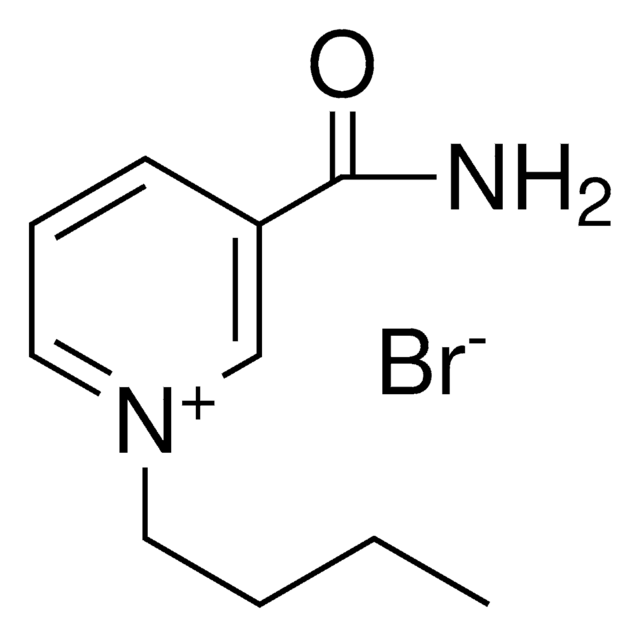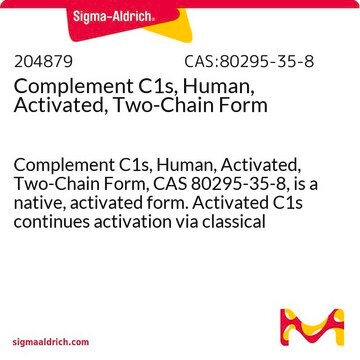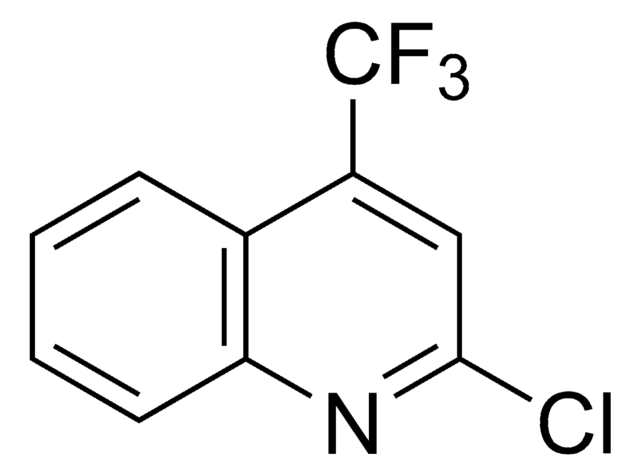E5906
Anti-eIF4E antibody produced in rabbit
~1 mg/mL, affinity isolated antibody, buffered aqueous solution
Sinónimos:
Anti-CBP, Anti-Eukaryotic intiation factor 4E, Anti-MGC111573, Anti-eIF4E1, Anti-eIF4EL1, Anti-eIF4F
About This Item
Productos recomendados
biological source
rabbit
Quality Level
conjugate
unconjugated
antibody form
affinity isolated antibody
antibody product type
primary antibodies
clone
polyclonal
form
buffered aqueous solution
mol wt
antigen 25 kDa
species reactivity
rat (predicted), human, mouse
concentration
~1 mg/mL
technique(s)
immunocytochemistry: 5-10 μg/mL using paraformaldehyde-fixed 3T3 cells
immunoprecipitation (IP): 2-5 μL using HeLa cell lysates
western blot: 0.5-1 μg/mL using HeLa cell lysates
UniProt accession no.
shipped in
dry ice
storage temp.
−20°C
target post-translational modification
unmodified
Gene Information
human ... EIF4E(1977)
mouse ... Eif4e(13684)
rat ... Eif4e(117045)
Categorías relacionadas
General description
Immunogen
Application
Biochem/physiol Actions
Physical form
Disclaimer
¿No encuentra el producto adecuado?
Pruebe nuestro Herramienta de selección de productos.
Optional
Storage Class
10 - Combustible liquids
wgk_germany
WGK 3
flash_point_f
Not applicable
flash_point_c
Not applicable
ppe
Eyeshields, Gloves, multi-purpose combination respirator cartridge (US)
Elija entre una de las versiones más recientes:
¿Ya tiene este producto?
Encuentre la documentación para los productos que ha comprado recientemente en la Biblioteca de documentos.
Nuestro equipo de científicos tiene experiencia en todas las áreas de investigación: Ciencias de la vida, Ciencia de los materiales, Síntesis química, Cromatografía, Analítica y muchas otras.
Póngase en contacto con el Servicio técnico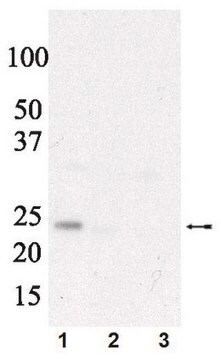
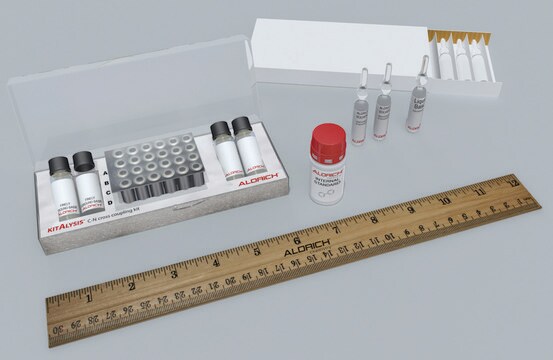
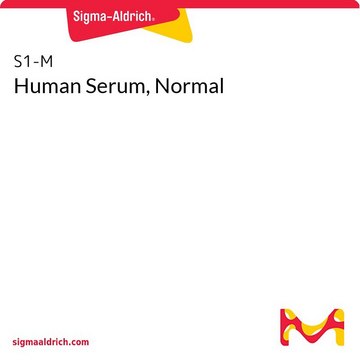

![[Asp5,D-Phe7,Lys10]-α MSH, Ac-Nle4 c amide 4-10](/deepweb/assets/sigmaaldrich/product/images/117/412/0a4aa004-d3b2-428e-baa4-61d66eb2a39a/640/0a4aa004-d3b2-428e-baa4-61d66eb2a39a.jpg)


